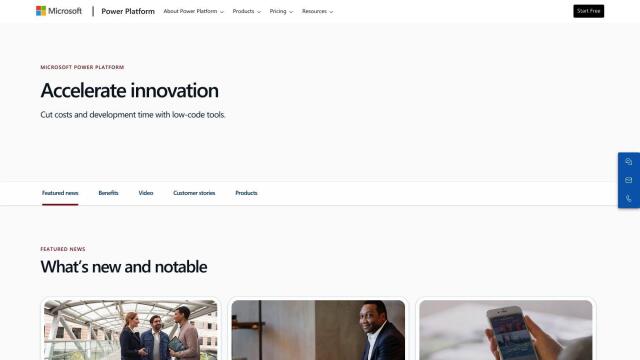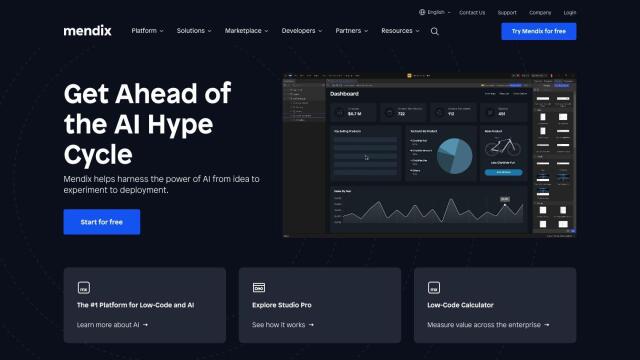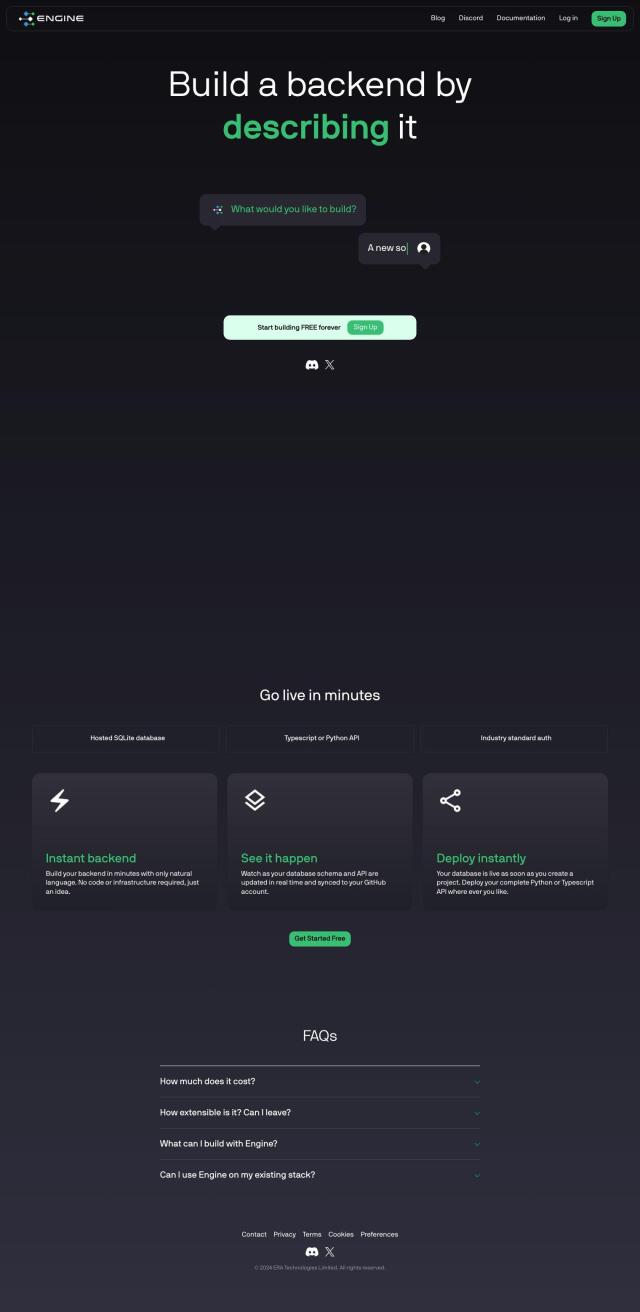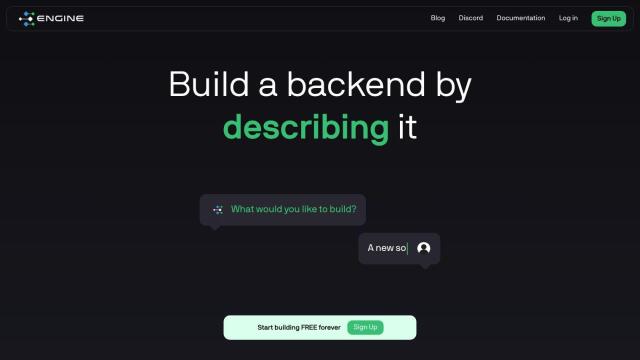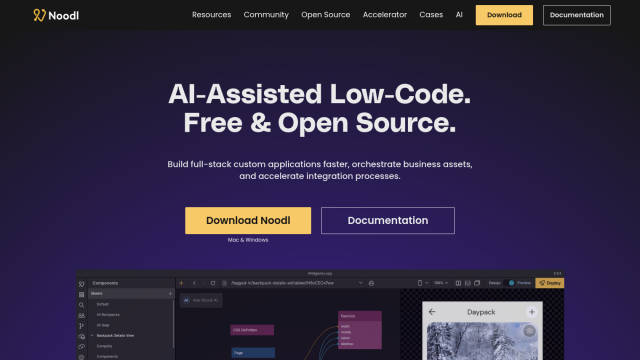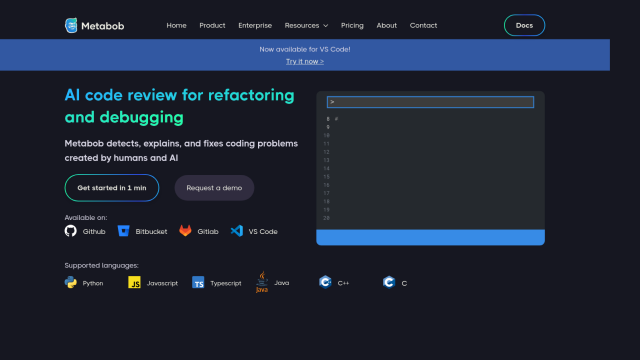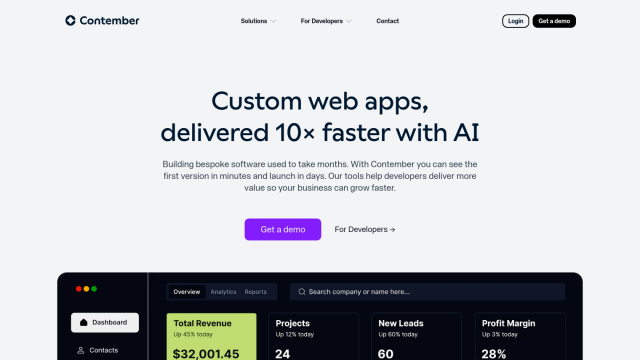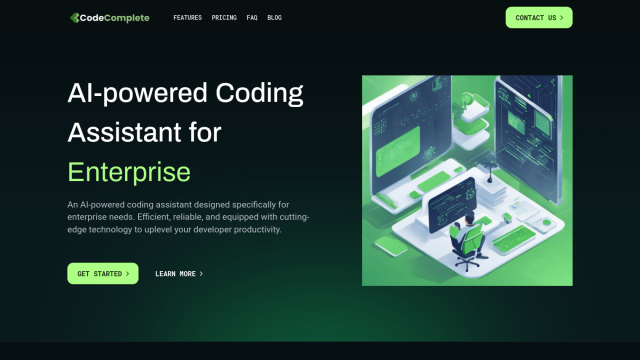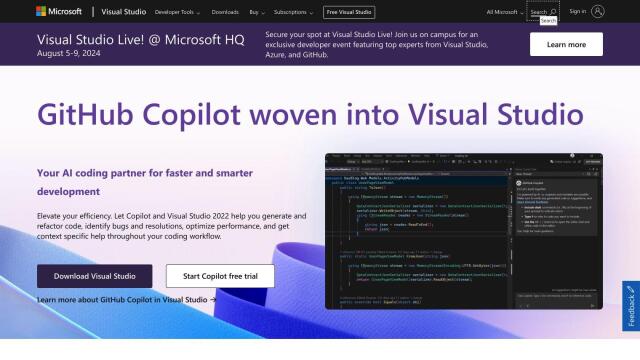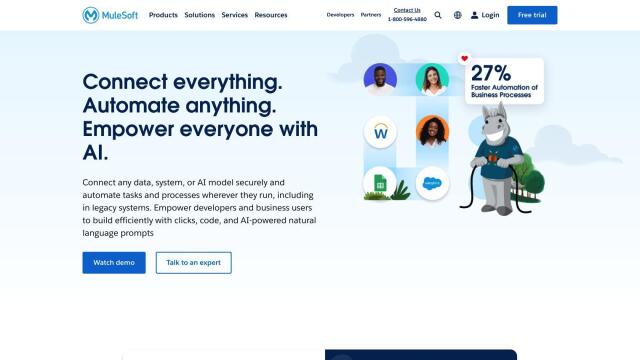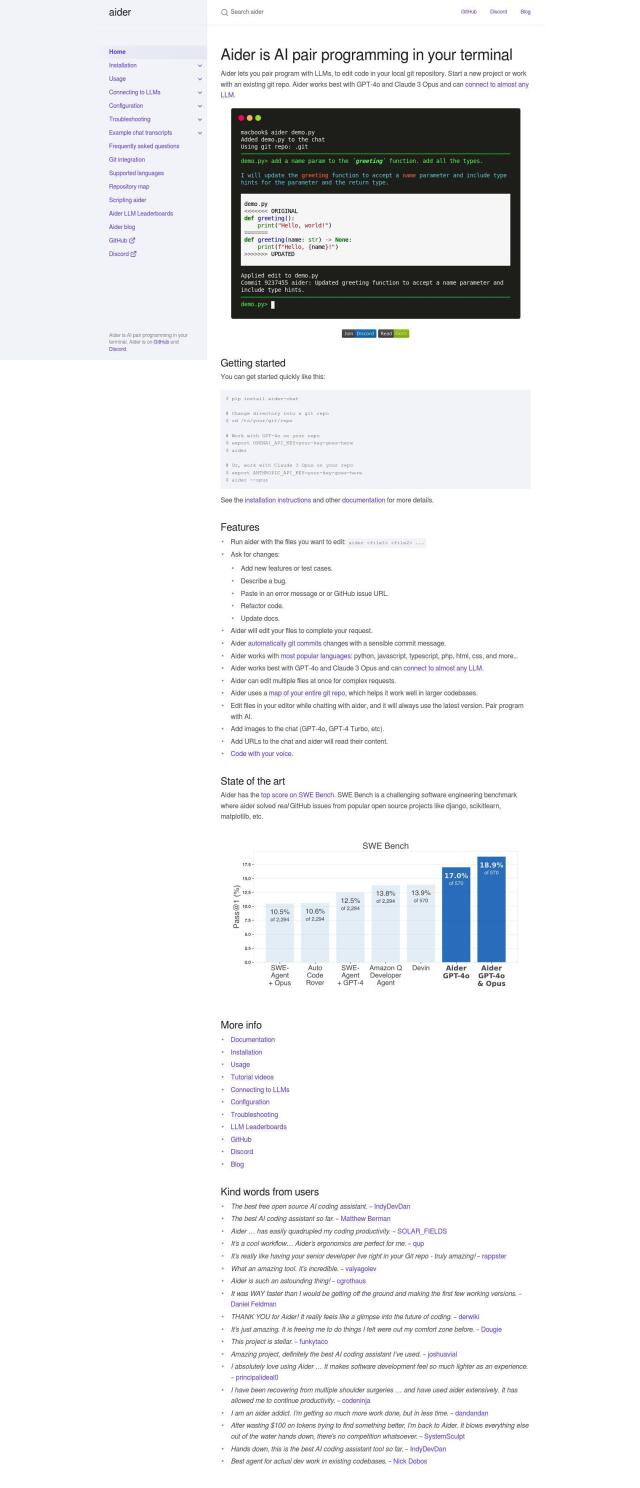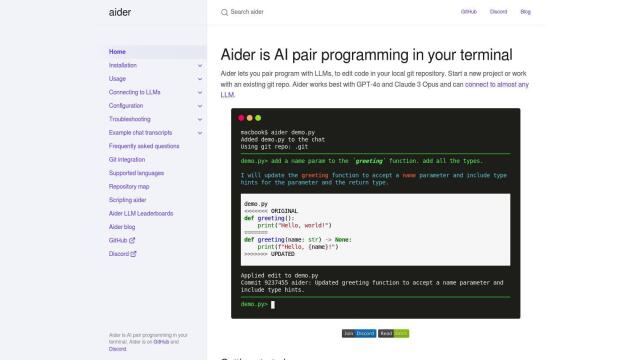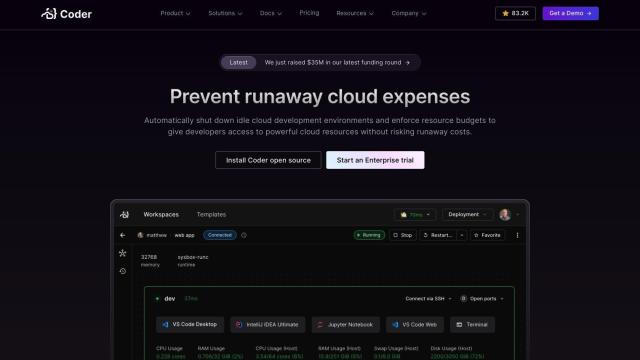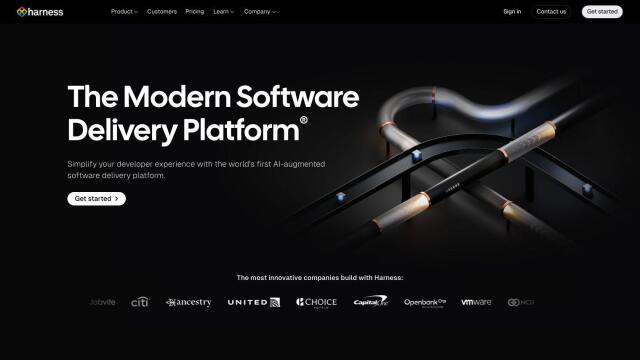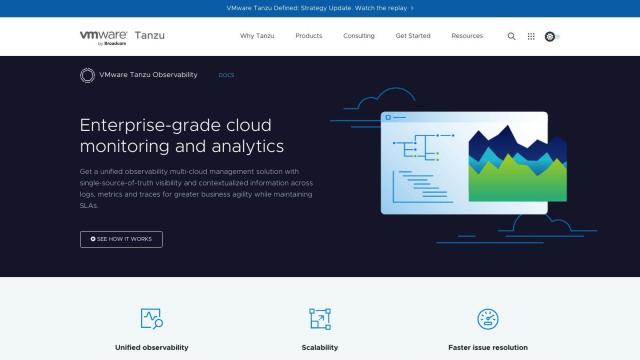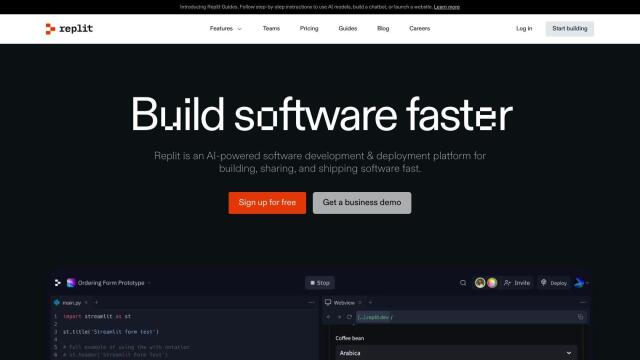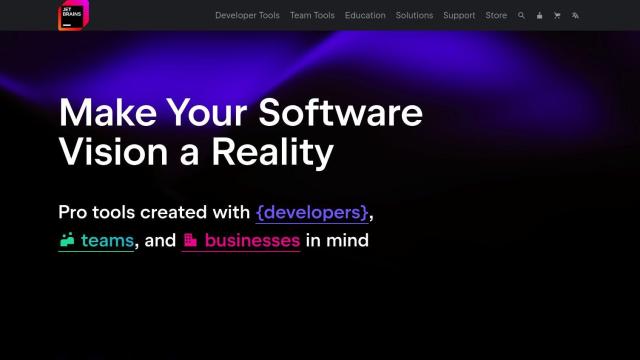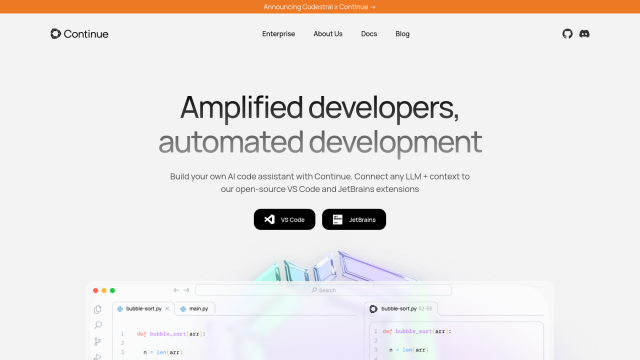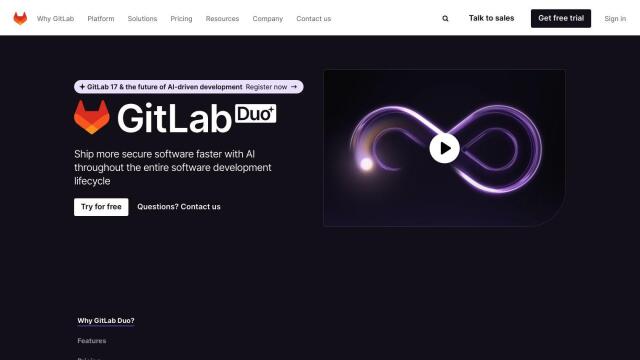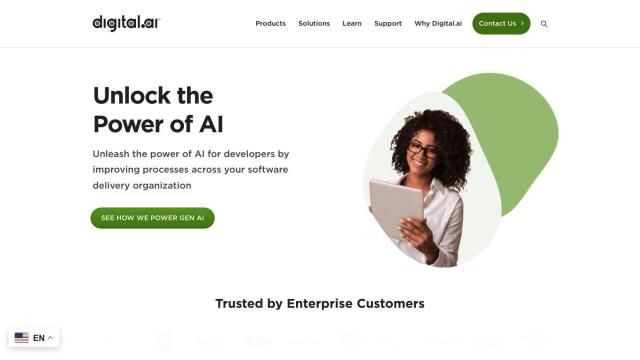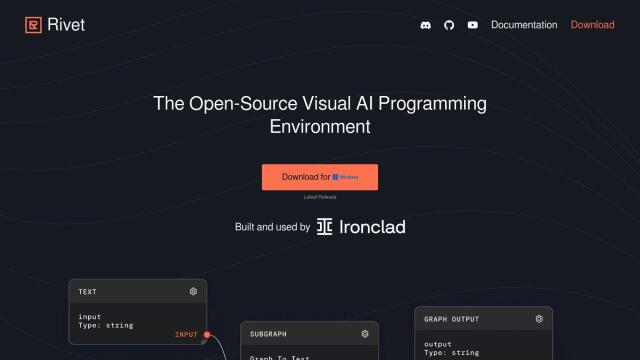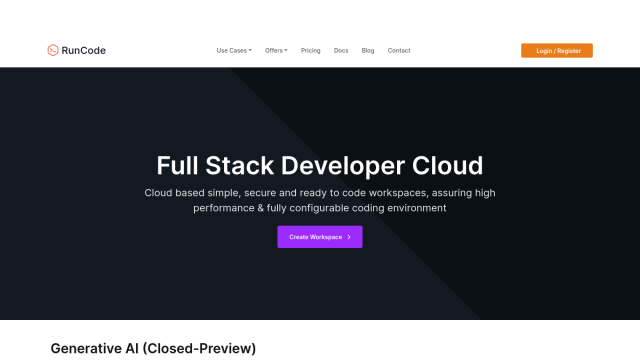Question: Is there a development environment that can help me modernize legacy systems without requiring manual programming?

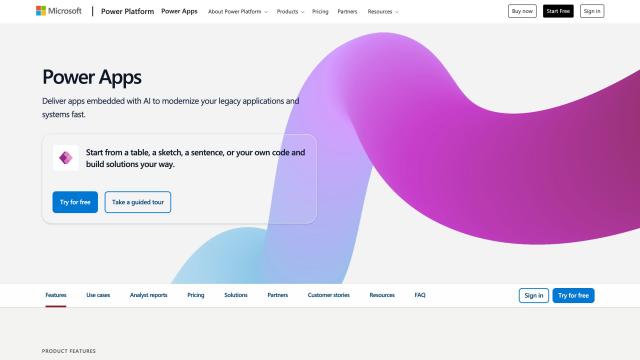
Power Apps
If you want to modernize legacy systems without having to write much code, Power Apps is a good option. Microsoft's low-code foundation lets you build AI-powered apps with features like Copilot for AI suggestions, drag-and-drop tools and built-in deployment pipelines. It dovetails with Microsoft Azure, Visual Studio and GitHub, and can tap into more than 1,200 data sources, making it a good option for large-scale apps that need to be tightly secured.

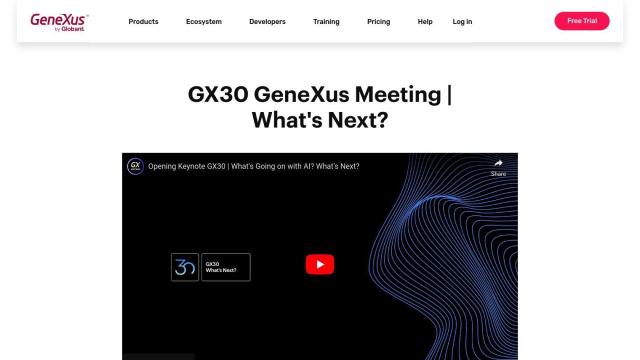
GeneXus
Another option is GeneXus, which uses AI to automate much of the programming work. It can be used for modernizing legacy systems and for deploying apps to any architecture. GeneXus also offers AI-Assistants, a Business Process Management Suite, and Automated Dashboards and Reporting, among other features. It's a good option for developers who want to speed up their work.

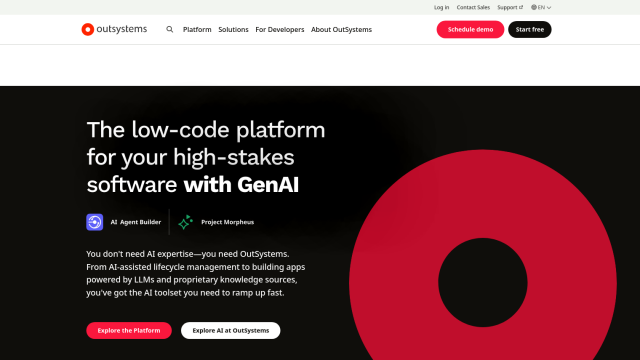
OutSystems
If you want a more AI-centric approach, OutSystems combines visual, model-driven development with AI to create and maintain core systems. It offers AI-assisted development, low-code development and a variety of pricing options, including a free Personal Edition. It's geared for large-scale, mission-critical apps and digital transformation projects, with promises of faster development and better user experiences.

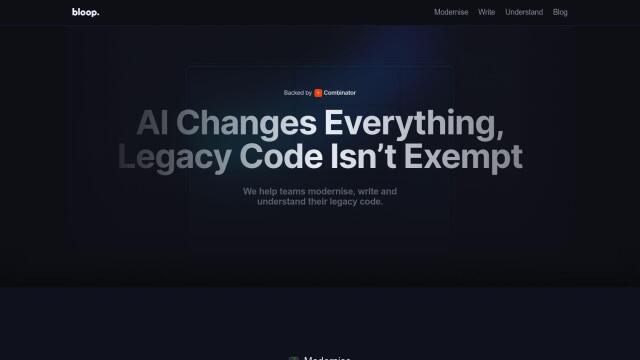
bloop
Last, bloop is designed to modernize and maintain legacy code, in particular converting COBOL to Java. It uses AI to generate equivalent Java code and produces human-readable, royalty-free output. Features like code navigation and comprehension tools make bloop useful for developers who want to make their code more maintainable and extend their legacy systems more easily.

